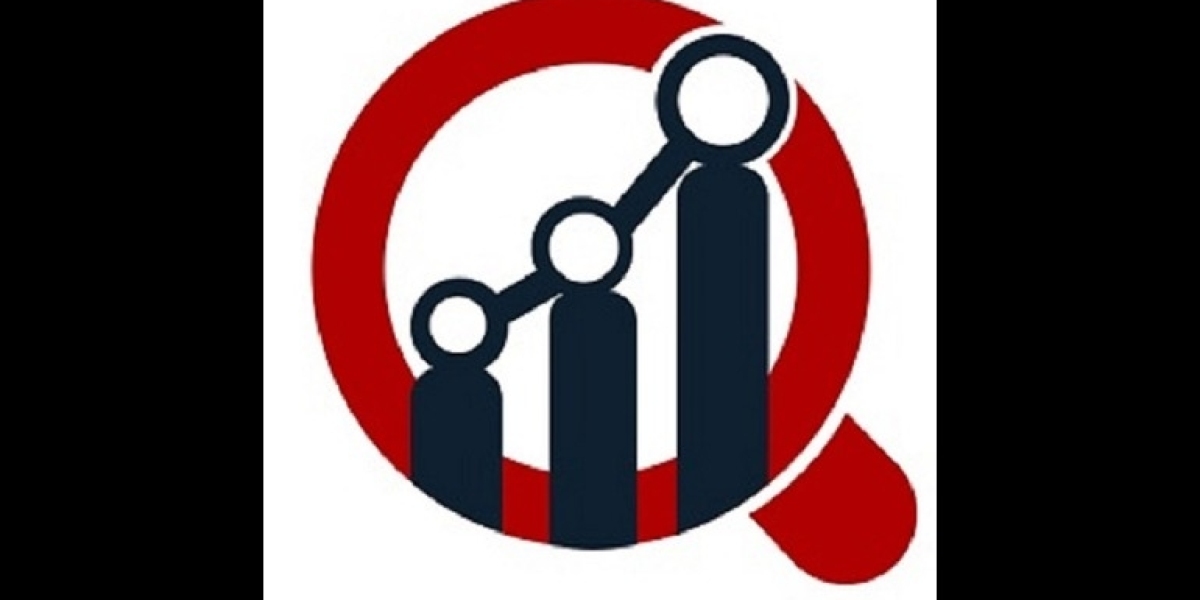Invoice Factoring: A Smart Financing Solution for Growing Businesses
What Is Invoice Factoring?
Invoice factoring is a financial transaction where a business sells its outstanding invoices (accounts receivable) to a third party, called a factor, at a discount. This process allows companies to get immediate cash instead of waiting for their customers to pay their invoices, which can take anywhere from 30 to 90 days or more.
In simple terms, invoice factoring helps businesses convert their unpaid invoices into working capital quickly, improving cash flow and enabling them to meet operational expenses, invest in growth, or cover unexpected costs.
How Does Invoice Factoring Work?
- A business provides goods or services to a customer and issues an invoice with payment terms (e.g., net 30 days).
- Instead of waiting for the customer to pay, the business sells the invoice to a factoring company.
- The factoring company pays the business a large portion of the invoice amount upfront, usually between 70% and 90%.
- When the customer eventually pays the invoice, the factoring company remits the remaining balance to the business, minus a factoring fee (typically 1% to 5% of the invoice value).
- The factoring company manages the collection process, relieving the business of that administrative burden.
Types of Invoice Factoring
- Recourse Factoring: The business retains the risk of non-payment. If the customer fails to pay, the business must buy back the invoice or replace it with another.
- Non-Recourse Factoring: The factoring company assumes the risk of non-payment, providing greater protection for the business. However, fees tend to be higher.
Sample Request For Free Pdf - https://www.marketresearchfuture.com/sample_request/33137
Benefits of Invoice Factoring
1. Improved Cash Flow
Invoice factoring provides immediate funds to cover payroll, inventory purchases, rent, and other expenses, helping businesses maintain smooth operations without relying on loans or credit cards.
2. No Debt Incurred
Unlike loans, factoring is not a debt. It’s a sale of assets (invoices), so it doesn’t affect the company’s balance sheet like a loan would.
3. Easy Qualification
Many businesses that may not qualify for traditional bank loans can use factoring since approval depends more on the creditworthiness of the invoiced customers than the business itself.
4. Outsourced Collections
The factoring company handles invoice collections, freeing up time and resources for the business to focus on sales and growth.
5. Flexible Funding
Factoring lines can grow as the business grows because the amount financed depends on sales volume and outstanding invoices.
Who Can Benefit from Invoice Factoring?
- Small to medium-sized businesses with slow-paying customers.
- Startups that need steady cash flow but lack established credit.
- Companies experiencing rapid growth that require quick working capital.
- Businesses in industries with long payment cycles such as manufacturing, transportation, staffing, and wholesale.
Potential Drawbacks to Consider
- Cost: Factoring fees can be higher than traditional financing, which may reduce profit margins.
- Customer Relations: Customers may feel uncomfortable dealing with a third party for payments.
- Dependence Risk: Relying heavily on factoring could mask underlying cash flow or credit issues.
How to Choose the Right Factoring Company
- Look for transparent fee structures and contract terms.
- Ensure the factor specializes in your industry.
- Consider the company’s reputation and customer service.
- Review whether recourse or non-recourse factoring fits your risk tolerance.
Conclusion
Invoice factoring is a powerful financial tool that helps businesses unlock cash tied up in unpaid invoices. By providing quick access to working capital without incurring debt, it can fuel growth, stabilize operations, and improve financial health. However, it’s essential to weigh the costs and choose a reputable factoring partner aligned with your business needs.
Related Report -
| Online Insurance Market |
| Unsecured Business Loans Market |
| Working Capital Loan Market |
| Retail Lending Market |
| Reverse Factoring Market |






